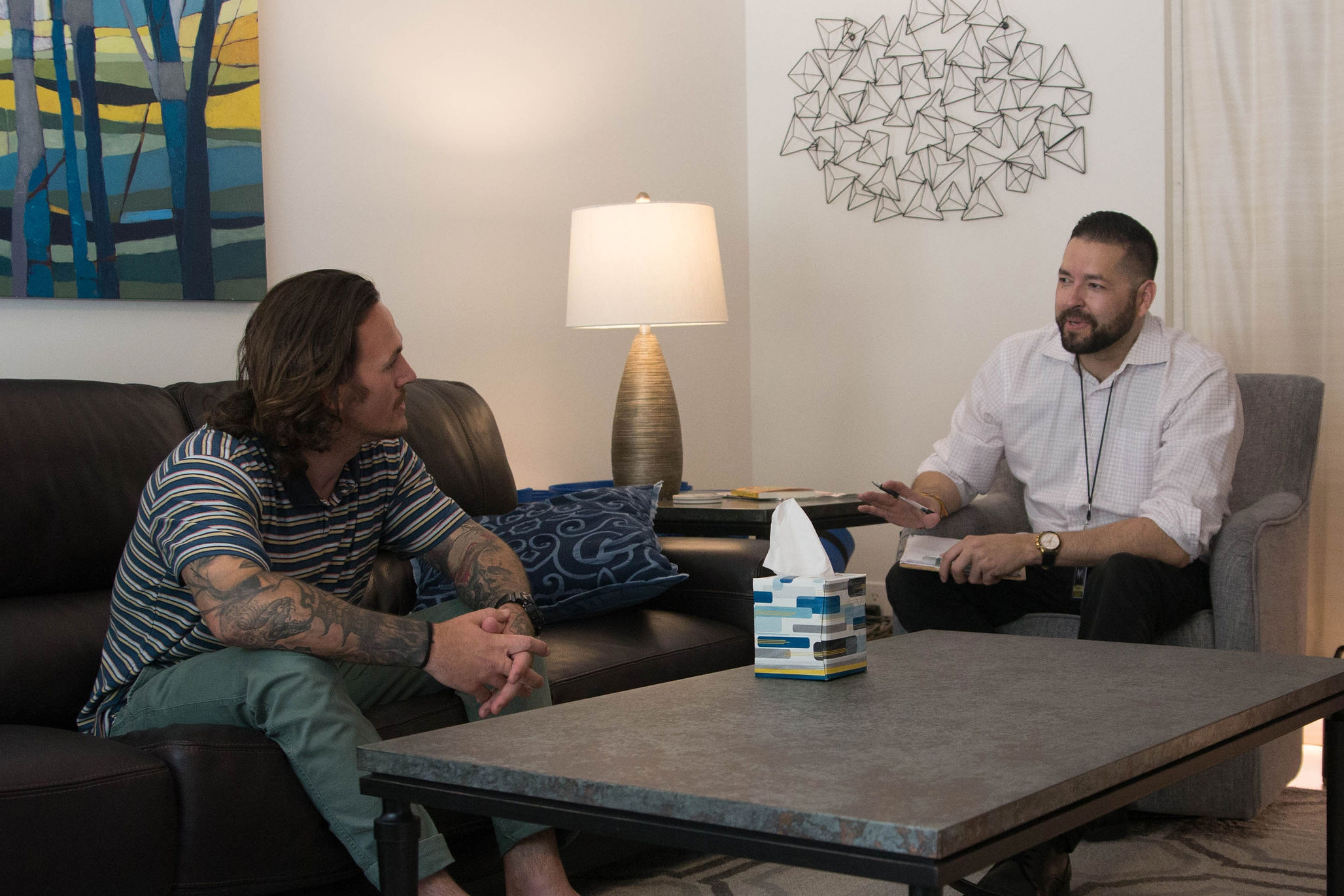Why Executives Need Specialized Rehab: Confidential, Flexible, Effective
Addiction and mental health challenges do not discriminate by profession, income, or title. Yet when executives and high-level professionals face these issues, the path to recovery often looks very different. The responsibilities, visibility, and pressure associated with leadership roles make it difficult, sometimes even unthinkable, to step away from work and seek help.
That’s why specialized rehab for executives exists. It’s not a luxury or an indulgence. It’s a necessary, purpose-built solution designed to address the unique realities that come with professional leadership. These programs offer three vital pillars: confidentiality, flexibility, and clinical effectiveness. These pillars make them a practical and empowering choice for those who feel stuck between needing help and keeping up appearances.
The High Stakes of Executive Burnout and Addiction
Executives are expected to lead under pressure, maintain peak performance, and make critical decisions every day. Over time, this continuous stress can have a profound impact on mental and physical health. In many cases, professionals begin relying on substances or unhealthy habits to manage anxiety, insomnia, depression, or the demands of their role.
But there’s a catch. Executives are also expected to “have it all together.” The stigma around vulnerability or mental health struggles in high-performing industries can prevent people from asking for help, even when it’s urgently needed. This creates a dangerous dynamic where substance use may escalate in secret, and burnout becomes normalized.
What’s more, the consequences of not addressing these issues can be wide-reaching and lead to poor decision-making, strained relationships, reputational damage, or even the loss of a career. Specialized executive rehab aims to interrupt this cycle before it spirals out of control. They offer discreet, compassionate care without derailing someone’s professional identity.
The Importance of Confidentiality
Privacy is non-negotiable for many executives. Whether working in finance, tech, law, medicine, entertainment, or politics, maintaining confidentiality around health and personal matters is crucial.
Specialized executive rehab centers are structured to provide:
- Discreet admission and discharge processes
- Private accommodations away from public settings
- Limited client numbers for a low-profile environment
- Highly trained staff bound by strict confidentiality protocols
Clients are not placed in large group settings or asked to share spaces with individuals who might recognize them. The atmosphere is carefully controlled to avoid unnecessary exposure, which creates a sense of security that allows people to focus on healing.
Flexibility That Supports Responsibility
One of the most significant barriers to treatment for professionals is the idea that they can’t afford to be disconnected from their work. While this fear is understandable, it’s also solvable. Executive rehab programs provide the flexibility needed to support ongoing responsibilities without sacrificing treatment outcomes.
This may include:
- Access to Wi-Fi and private workstations
- Scheduled time for business calls or virtual meetings
- Customizable daily routines
- Evening or weekend therapy sessions when appropriate
The goal is to protect time and space for recovery while still allowing essential work-related engagement. This flexibility helps clients stay connected, reduce anxiety about absence, and maintain a sense of agency throughout the process.
Leadership and Identity: Healing Without Losing Yourself
For many executives, their career is more than just a job. It’s a core part of their identity. That’s why stepping into a recovery program can feel like stepping into the unknown. Will they be judged? Will they lose their edge? Will they come back weaker?
Specialized rehab addresses these fears head-on. Rather than stripping away someone’s professional identity, it helps redefine it in a healthier way. The focus is not just on abstinence or symptom relief, but on transforming how the individual leads, performs, and relates to themselves and others.
Therapists and counselors in executive programs understand this dynamic. They work alongside clients to rebuild confidence, reframe limiting beliefs, and develop leadership practices rooted in emotional intelligence, self-awareness, and resilience.
Conclusion
Ultimately, choosing specialized rehab is an investment in long-term success. When professionals take time to heal, they return to their roles with greater presence, sharper focus, and renewed passion. They make better decisions, communicate more effectively, and build stronger teams.
Wellness is crucial for leadership and you deserve a program that understands your world and will support your recovery. Capo Canyon offers executive treatment solutions to meet the demands of high-level professionals who seek help. Contact us today to learn more.





















